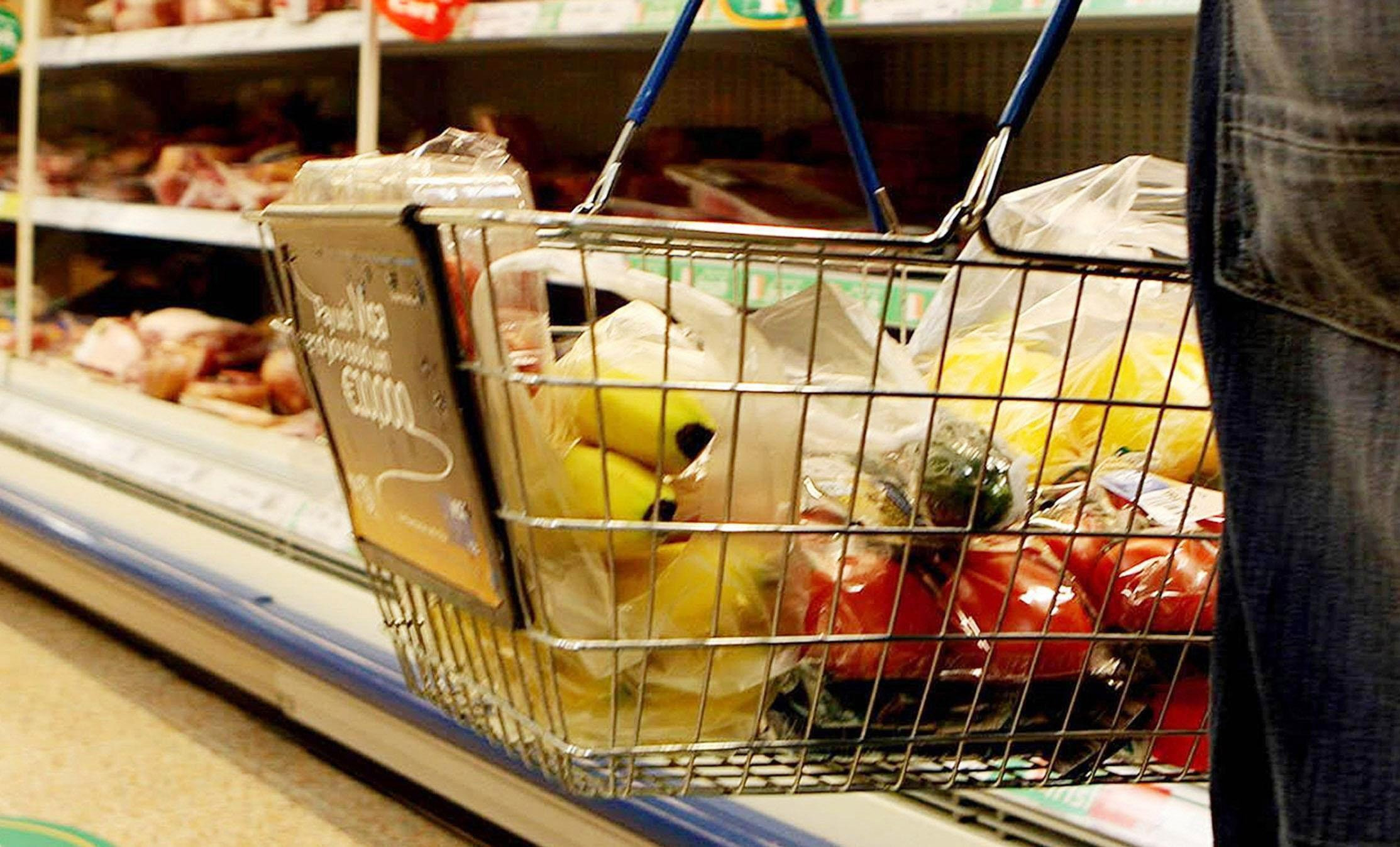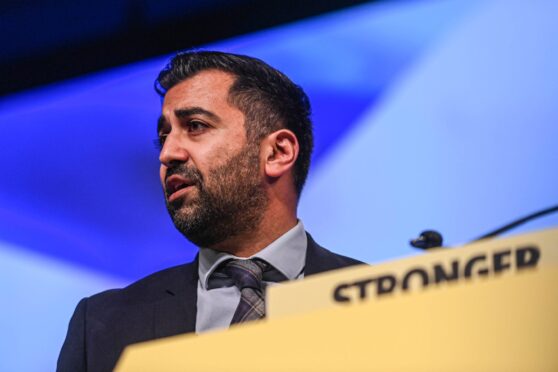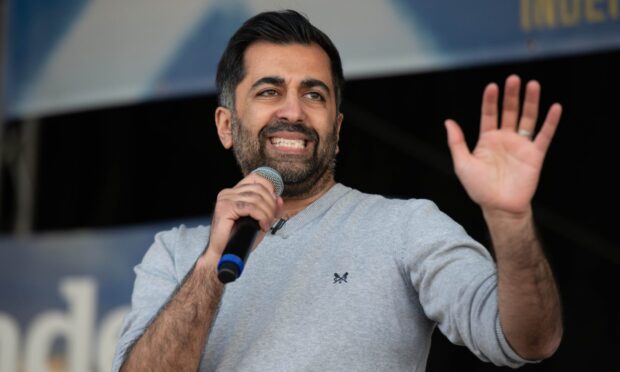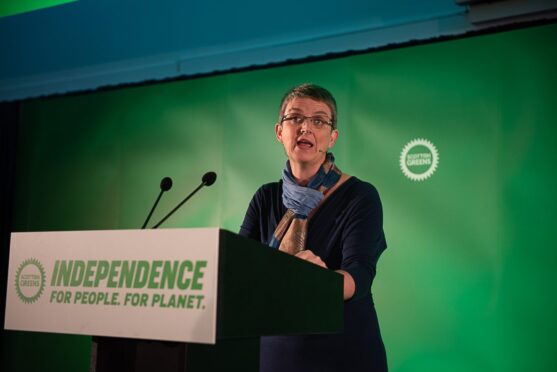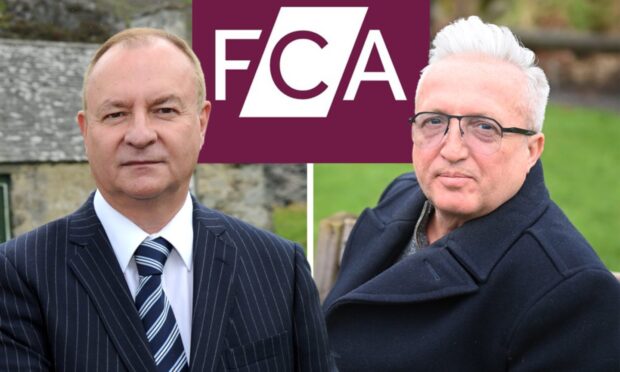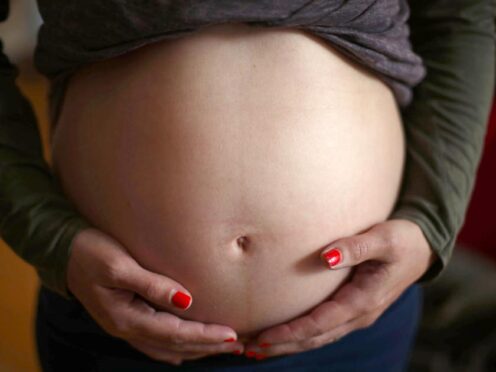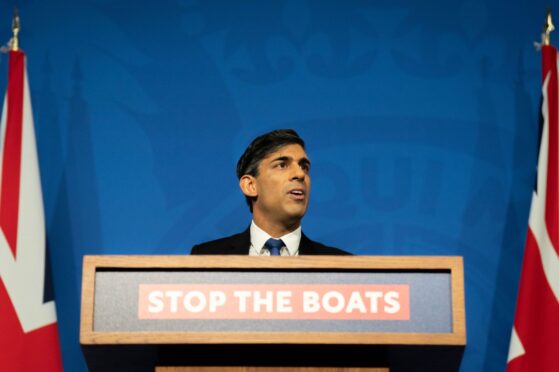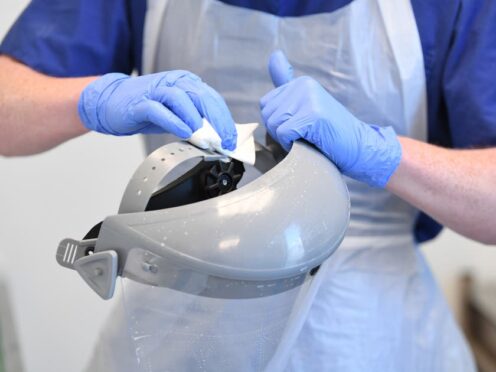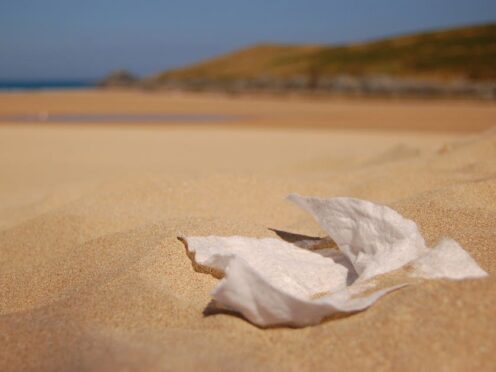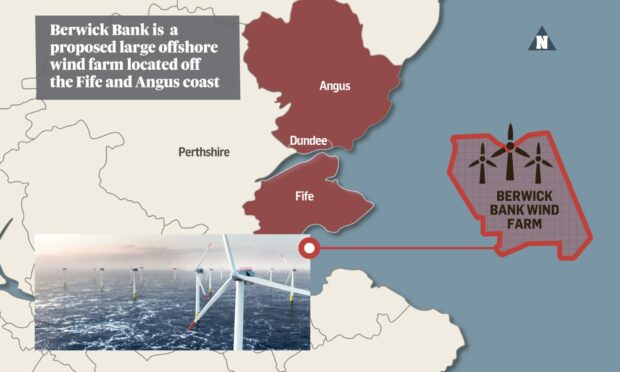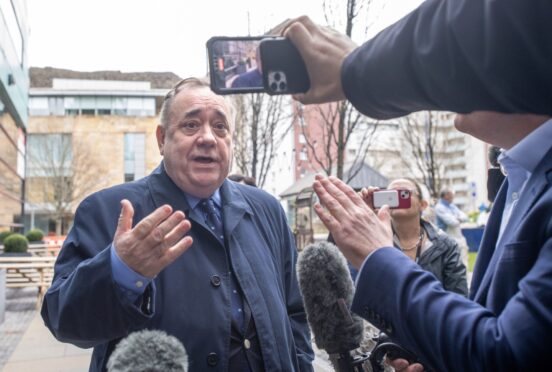The cost of the supermarket shop for Scots has increased by £417 a year since the Brexit vote, according to new analysis.
Campaigners for a second EU referendum have linked the price rises for a typical basket of goods to the decision to leave the bloc.
New research from the People’s Vote said families were feeling worse off “because of the falling value of the pound, largely due to Brexit”.
The study found the sale price of 250g of butter increased by 43p since the June 2016 vote, compared with a 26p hike for coffee and salmon up by £2.81 per kilo.
Actor and People’s Vote supporter Emma Currie said: “These figures show Brexit is already hitting everyone’s pockets in Scotland hard, and we haven’t even left the EU yet.”
Demanding a second vote, Scottish Liberal Democrat leader Willie Rennie said: “More and more people are recognising that we need a People’s Vote, putting the power back in the hands of the public, not Boris Johnston and his friends.”
Ross Thomson, the pro-Brexit Scottish Conservative MP, has insisted Scots will be better off after Brexit because the UK will be able to strike independent trade deals with growing markets such as India.
